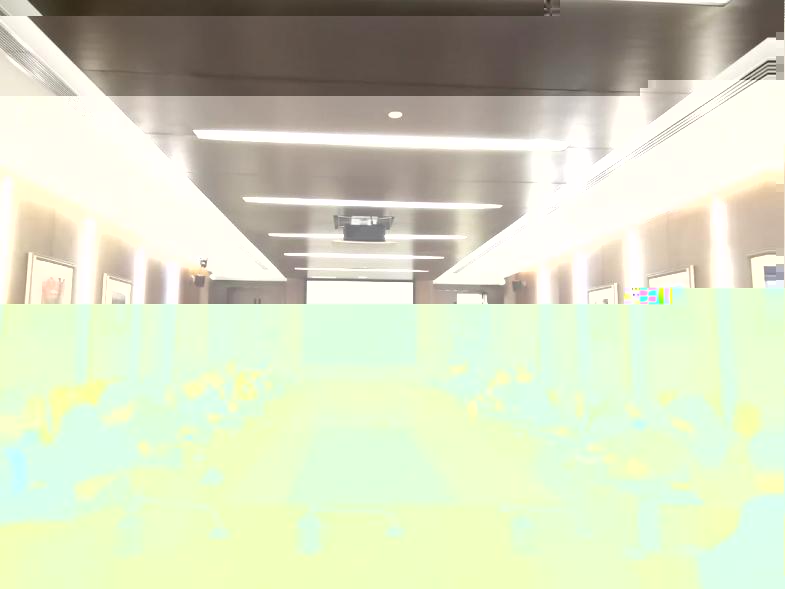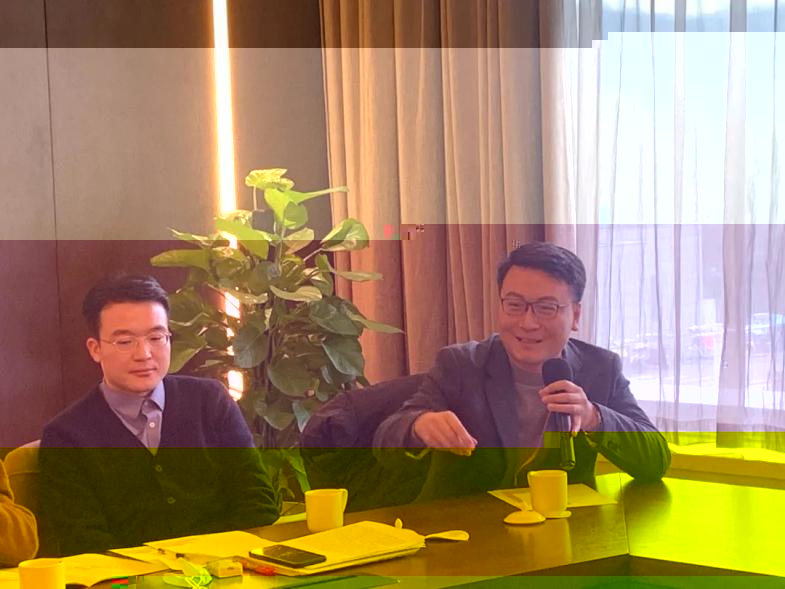The Seminar on the Teaching and Research of the Basic Principles of Marxism was held as scheduled at the International Conference Center of Nanjing University on January 8, 2022, with the aim of promoting the teaching quality of the course “Basic Principles of Marxism” and improving theoretical research on the basic principles of Marxism in colleges and universities in Jiangsu Province, as well as strengthening the communication among the backbone teachers and researchers specializing in Marxism in Jiangsu province. The seminar was co-sponsored by the School of Marxism at Nanjing University (NJU), the School of Marxism at Nanjing University of Chinese Medicine (NJUCM), the School of Marxism at Nanjing University of Posts and Telecommunications (NJUPT), and the Research and Learning Platform of online academic database CNKI. More than 90 teachers from universities in Jiangsu province attended the event.

Chen Jian, vice dean of NJU’s School of Marxism, hosted the opening ceremony of the seminar, and Hu Daping, professor and dean of NJU’s school of Marxism, delivered a welcome speech. Hu extended sincere gratitude to the cooperative institutions for their support and all attendees for their active participation, noting that the seminar provided a precious opportunity for participants to share teaching experiences and enhance emotional communication.
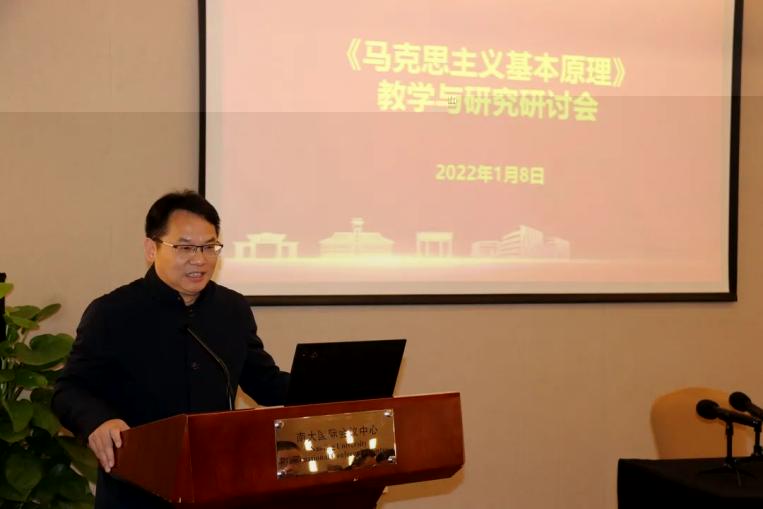
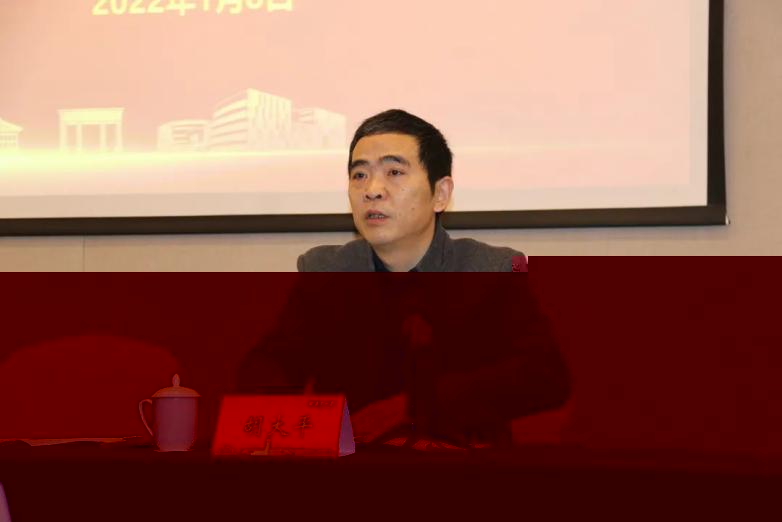
The dean of NJU’s School of Marxism, Professor Hu Daping and Zhang Zongming, dean and professor of NJUCM’s School of Marxism, delivered speeches at the first part of the keynote speech section. Focusing on several major issues in the construction of the course “Basic Principles of Marxism” in the new era, Hu Daping discussed the three pairs of contradictory relationships between the integrity and profundity, classicality and contemporary, as well as popularity and elitism of the ideology and political courses in view of the current teaching status, teaching environment, and teaching objects of the Marxist discipline. Zhang Zongming explored the topic of combining Marxism and excellent Chinese traditional culture from the perspective of self-confidence in traditional Chinese medicine (TCM), and discussed the internal logical connection between TCM culture and basic principles of Marxism from the dimensions of teaching and research, as well as the experience of combining the two.
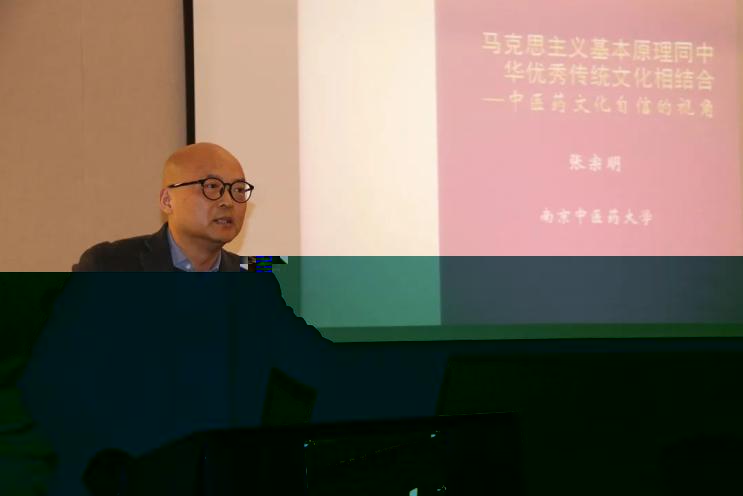
Presided over by Li Qiankun, the director and associate professor of the Department of Marxism Fundamental Principles Teaching and Research at NJU’s School of Marxism, the second part of the keynote speech section consisted keynote speeches given by Wang Haobin, professor of School of Marxism at NJU, Shan Lianchun, professor of School of Marxism at Hohai University, Cheng Zhibo, professor ofSchool of Marxism at China University of Mining and Technology, Han Changyue, professor with the School of Marxism at Yangzhou University, and Zhang Ming, associate professor with NJU’s School of Marxism. Wang Haobin focused on several cutting-edge issues in the study of basic principles of Marxism, analyzed the challenges of teaching and academic research on basic principles of Marxism from both subjective and objective perspectives, and proposed suggestions for finding research directions and forming a disciplinary community from the perspective of combining topics and disciplines. Shan Lianchun chose the dialectical unity of learning, believing, and application in teaching the course “Basic Principles of Marxism” as his topic. He emphasized that theory learning is essential for comprehending the essence of Marxist theory, belief in the theories is crucial for adhering to the sentiment of Marxist theory and utilizing theories is necessary for manifesting the charm of Marxist theory. From the perspective of practical exploration and theoretical thinking in the assessment of the course of Basic Principles of Marxism, Cheng Zhibo raised the issue of how to coordinate the relationship between “good lectures”, “understanding well” and “doing well in examinations”. Cheng also expressed some thoughts in the context of the four stages of changes in the methods of course assessment. Han Changyue discussed the implications of theoretical basis, teaching objectives, the framework of teaching ideas, teaching methods, and teaching practice from the problem-oriented reform of research-based teaching of basic principles of Marxism. Zhang Ming presented his insights on the general guidelines for course revision and teaching suggestion, elaborating on the major revision ideas, content of changes, and related teaching suggestions on the course of Basic Principles of Marxism.
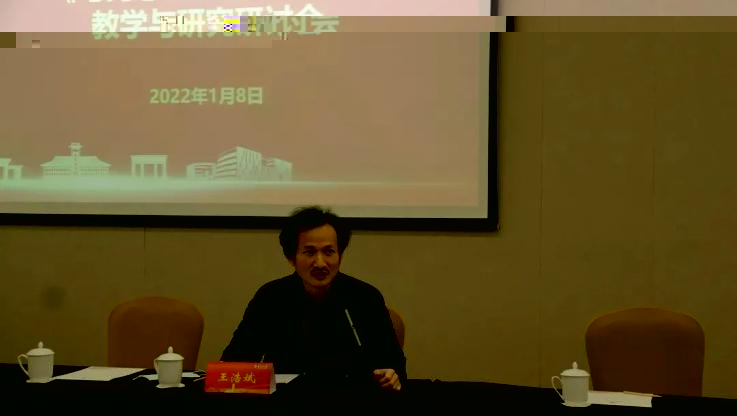
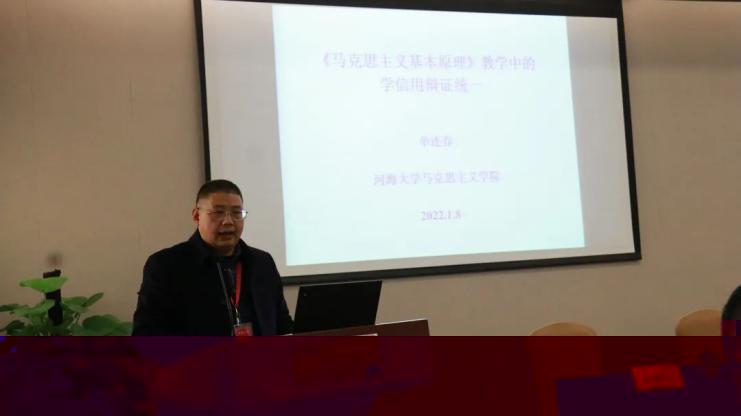
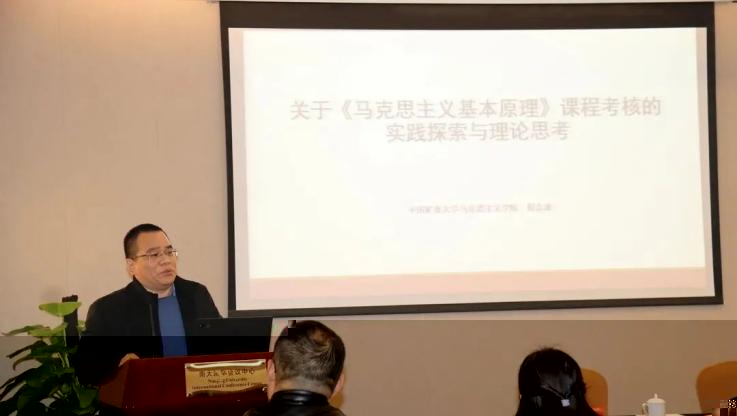
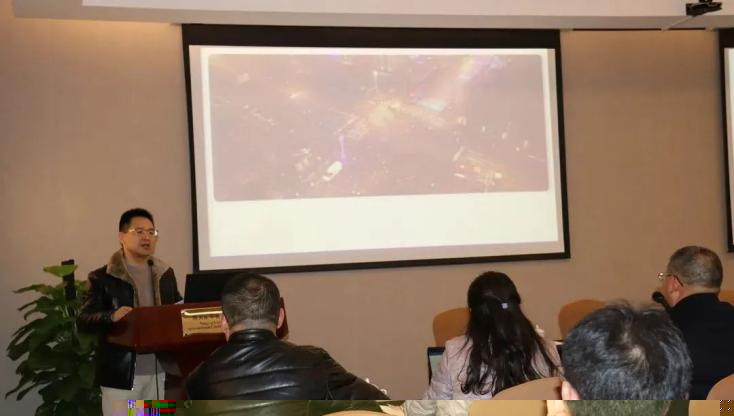

The afternoon saw the commencement of group discussions, wherein over 90 lecturers were divided into three groups to discuss the key issues of enhancing the teaching performance of Basic Principles of Marxism and to exchange experiences in theoretical exploration and practical innovation during teaching process. The first group was led by Zhou Chunmei, associate professor at the School of Marxism at NJU, and Shi Zhandan, vice dean of the School of Marxism, Jiangsu Police Institute. During the discussion, the lecturers delved into topics such as “How can we better engage students in online and offline hybrid teaching”, “How to immerse the students in the course of Basic Principles of Marxism?”, “Several problems that young lecturers often encounter,” “How can universities and colleges with an engineering background teach ideological and political courses well”, “Practical experiences of introducing ‘Red’ (revolutionary) school history in the classroom” and shared teaching cases based on their own experiences. Hosted by Cao Yonghong, associate professor at NJU’s School of Marxism, and He Jinhai, associate professor at NJUPT’s School of Marxism, the second group shared and explained topics like “principles that run through the teaching process”, “the transformation process from textbooks to teaching” and “a small classroom leads to a big classroom”. Guided by Zhou Chunlan, dean and associate professor at the School of Marxism at Wuxi Institute of Technology, and Zhao Sujin, vice dean and associate professor of the School of Marxism at Nanjing University of the Arts, lecturers of the third group exchanged their views on “case selection and students’ current concerns,” “common issues in teaching and testing” and “how to deepen emotional identification at the rational level”.
Through the discussions, the lecturers provided in-depth interpretations of their teaching stance, vivid presentation of excellent cases, and a deep overview of the theoretical aspects of teaching. This has promoted mutual communication among experts and scholars engaged in the teaching of the course “Basic Principles of Marxism”, showcasing the continuous efforts made by lecturers to promote the inheritance and innovative development of ideological and political education.
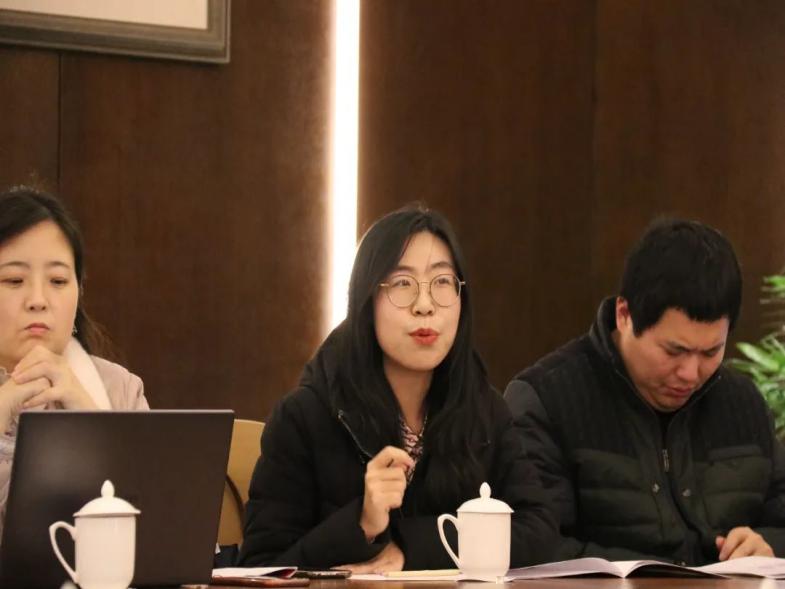
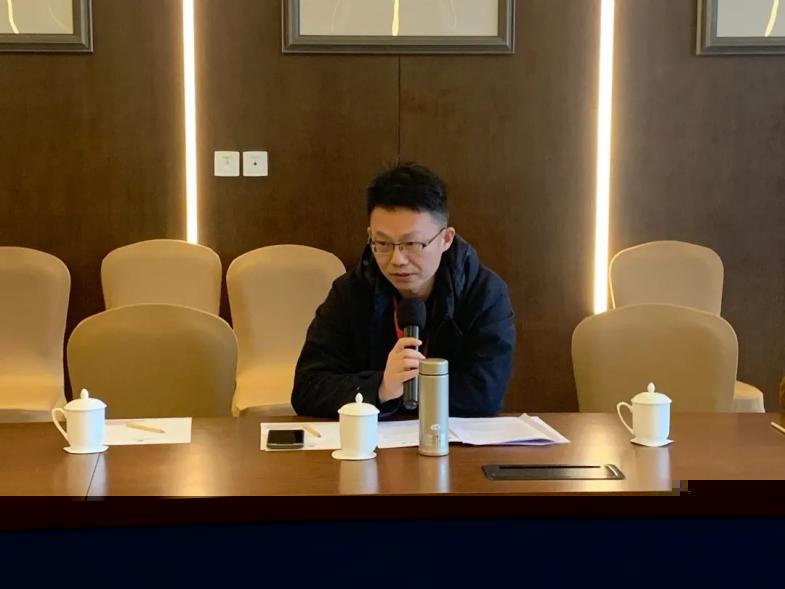
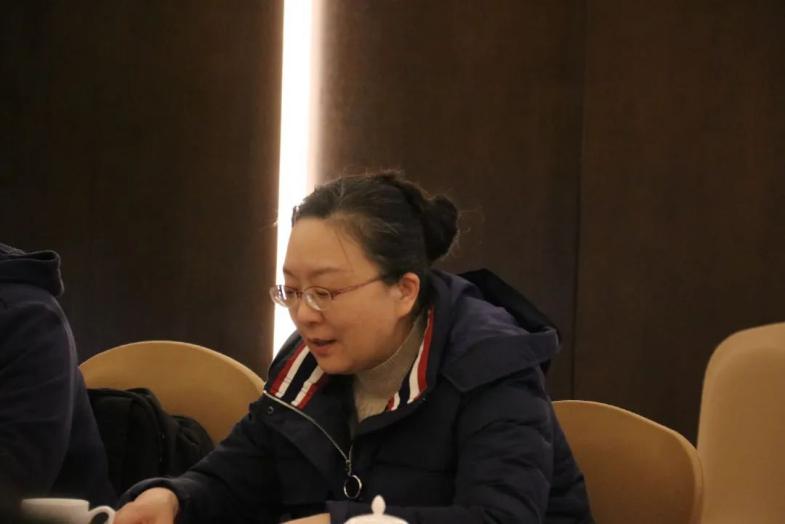
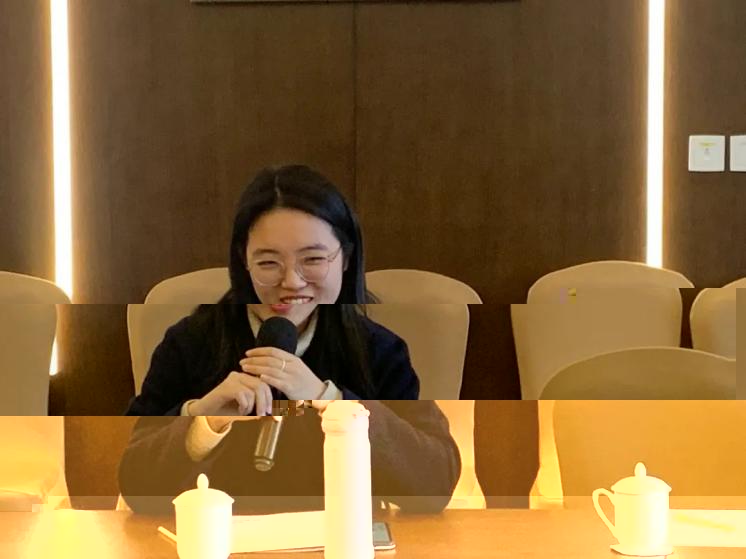
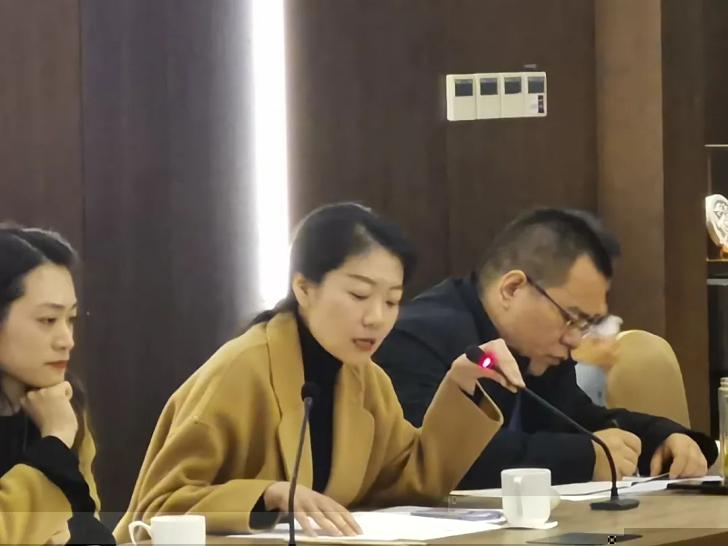
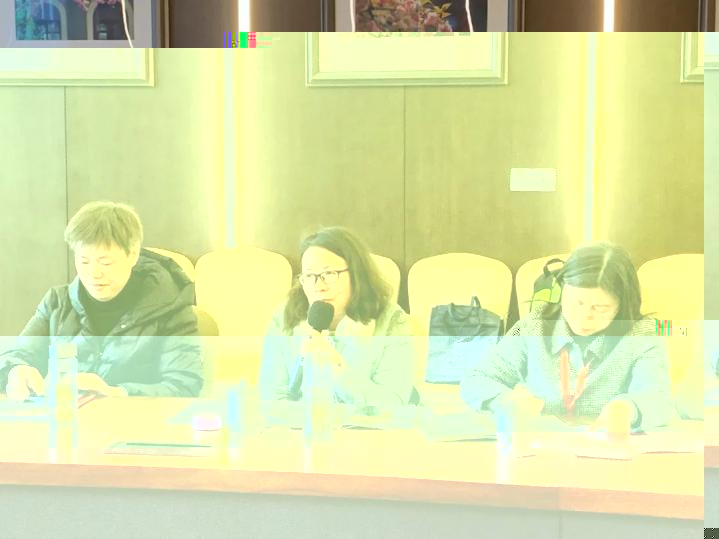
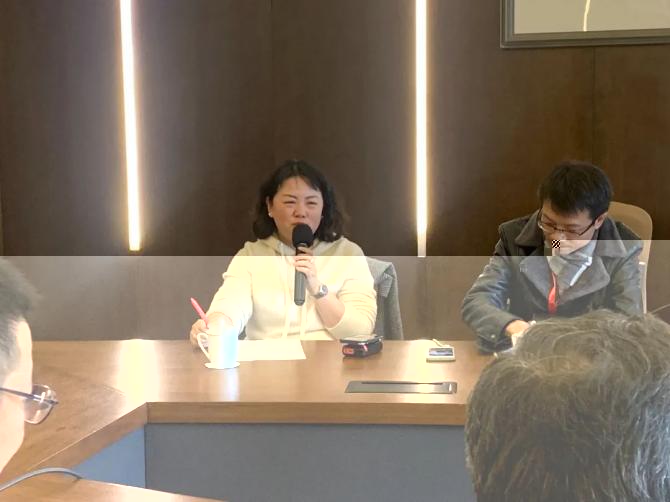
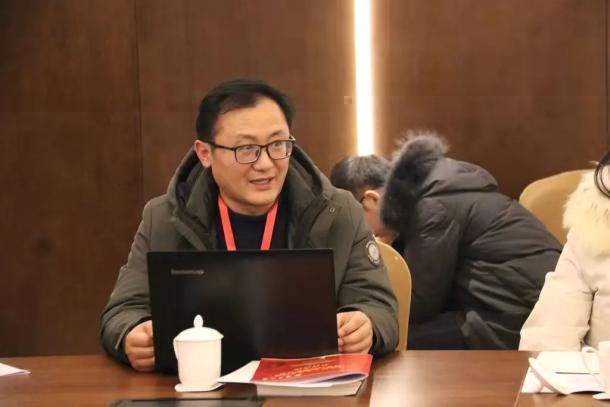
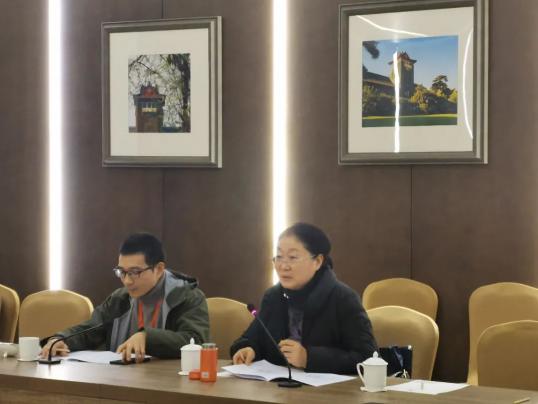
The vice dean of the School of Marxism, Jiangsu Police Institute, Shi Zhandan, lecturer at Nanjing Agricultural University, Ran Lu, and associate professor at NJUCM, Chen Fangping, delivered summary speeches on behalf of their groups after the group discussion.



The third part of the keynote speech section was hosted by Shi Xianzhi, vice dean of the School of Marxism at NJUPT. Wang Xiajian, professor from the School of Marxism at Nanjing University of Finance and Economics, Zhou Jiaxin, professor from NJU’s School of Philosophy, Li Chunjian, associate professor from the School of Marxism at Jiangsu University, and Zhang Yujie, general manager of the Education Business Department at CNKI’S Jiangsu Branch delivered keynote speeches. Based on the construction of the modernized discourse system of the Marxist theory discipline, Wang Xiajian outlined the basic connotation of the discourse system of Marxist theory, pointed out the opportunities and challenges faced by the discourse system in the process of modernization, and proposed the five functional features of building a modernized discourse system of Marxist theory discipline. Focusing on the changes in the system of the textbook of “Basic Principles of Marxism”, Zhou Jiaxin pointed out that the basic principles of Marxism are the essence of the spirit of the times through the analysis of the relationship between Marx’s materialistic views and practical views, the relationship between dialectics and metaphysics, and the relationship between communism and socialism. Starting from the analysis of Anthony Negri’s immaterial labor theory, Li Chunjian pointed out that immaterial labor theory deepened and developed the Marxist labor theory of value, and abstract labor was always the only source of value formation. From the perspective of the application of CNKI’s innovative research methods in the discipline of Marxist theory, Zhang Yujie discussed the importance of innovative research methods, such as the Research and Learning Platform of CNKI, in promoting the development of Marxist theoretical theories.
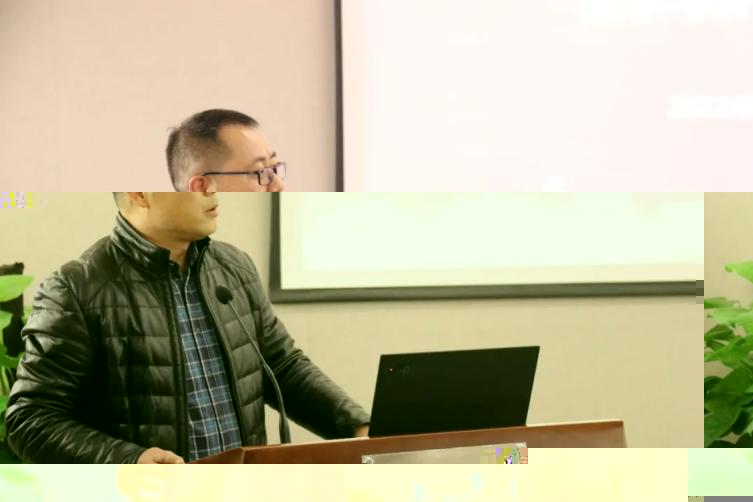
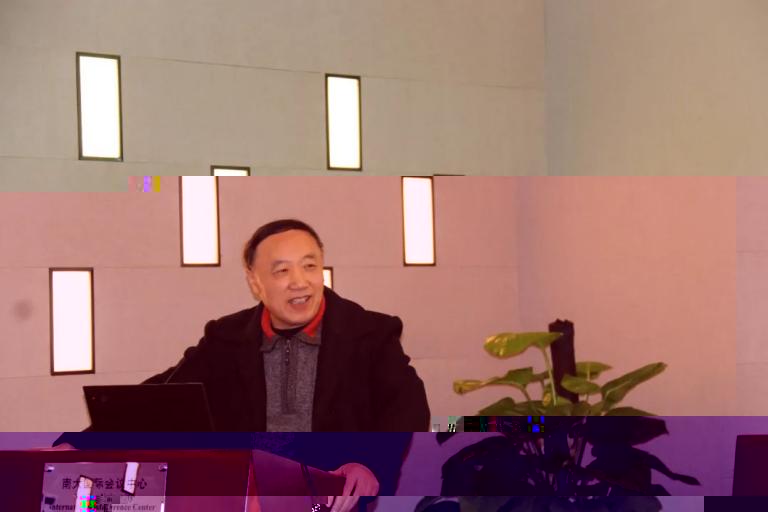
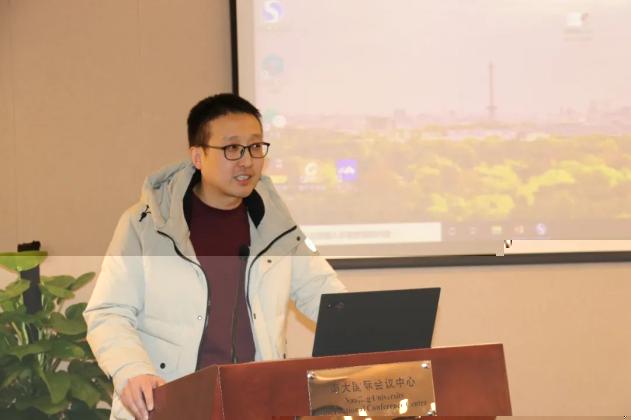
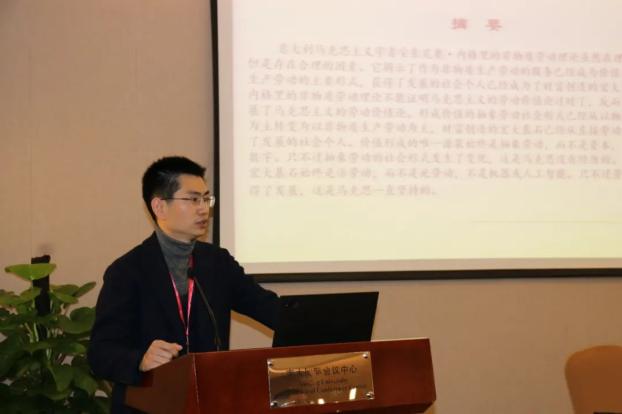

At the end of the seminar, Professor Wang Yezhou, dean of the School of Marxism at Nanjing University of Posts and Telecommunications, made a concluding speech. By acknowledging that the fundamental tenets of Marxism have steered China towards forging a novel Chinese path to modernization and a fresh form of human civilization, Wang deems the exploration and perpetuation of these principles as momentous, far-reaching, and captivating. According to Wang, the seminar was timely, of high aspirations and aligned with contemporary needs. The seminar has achieved fruitful outcomes and reached a rich consensus that lecturers of ideological and political courses should adhere to research in the meantime of teaching. Wang also expressed his heartfelt thanks to all the participating teachers and students of the seminar.


